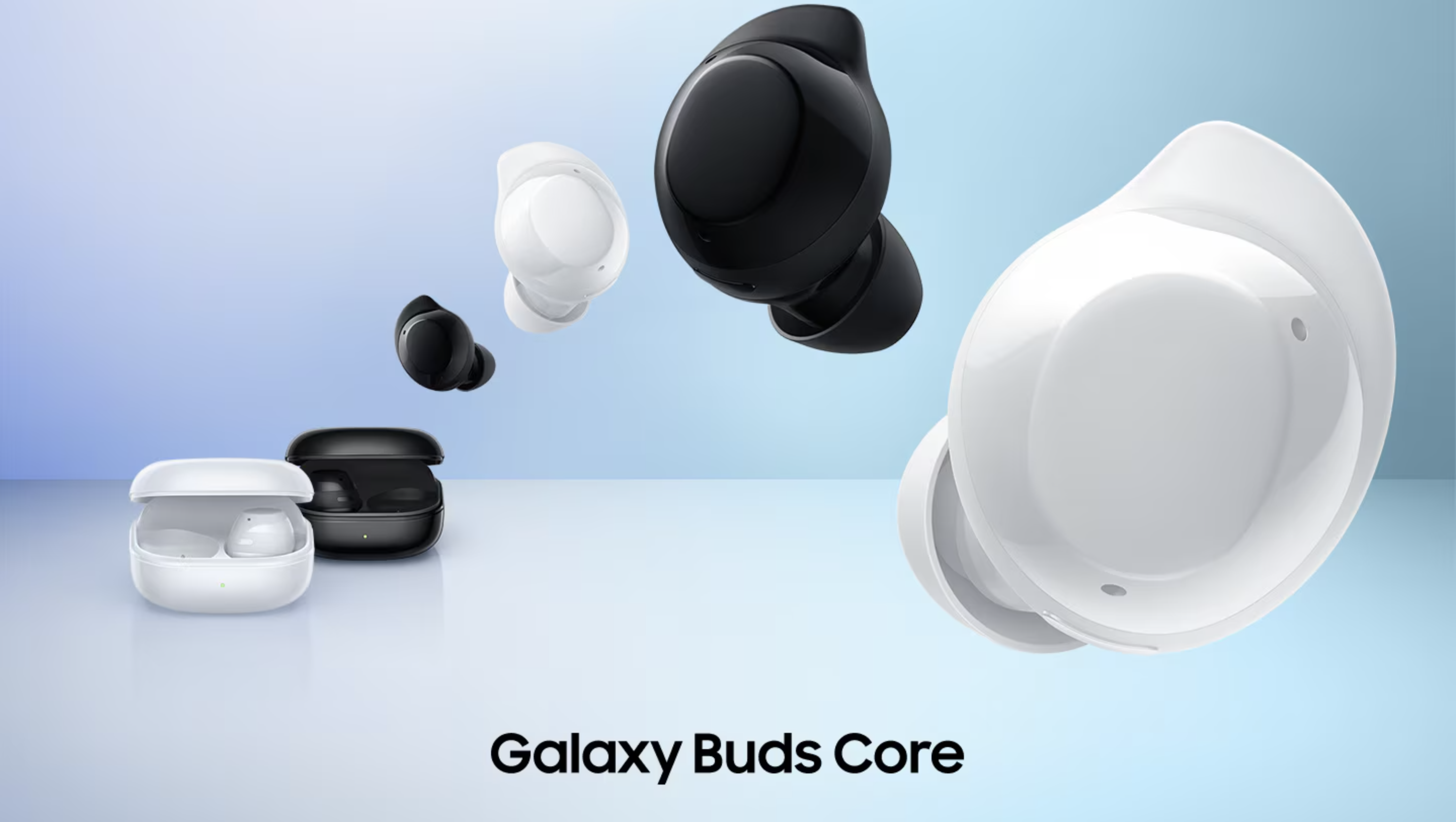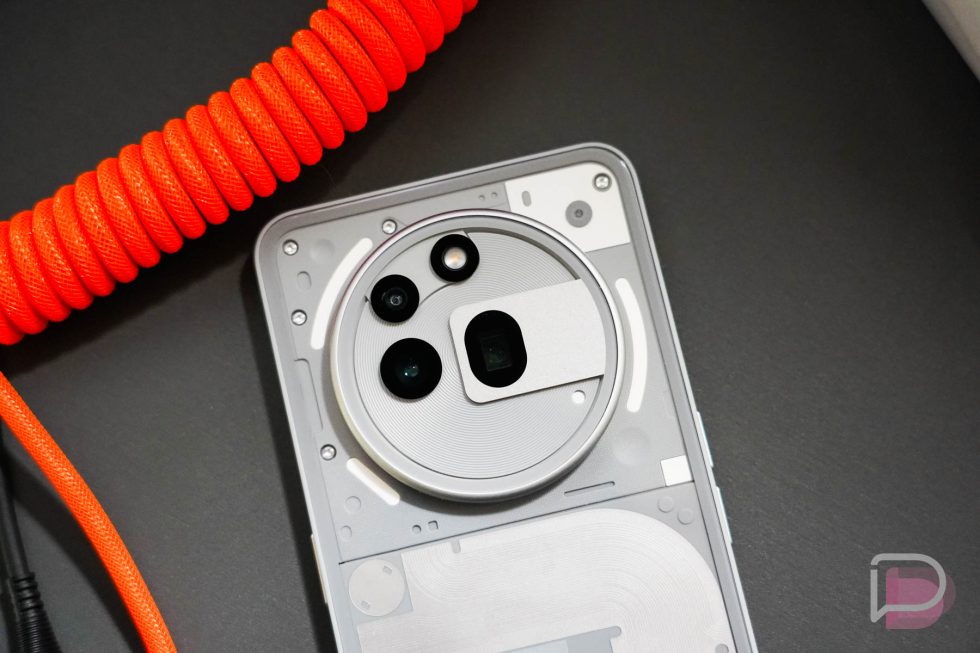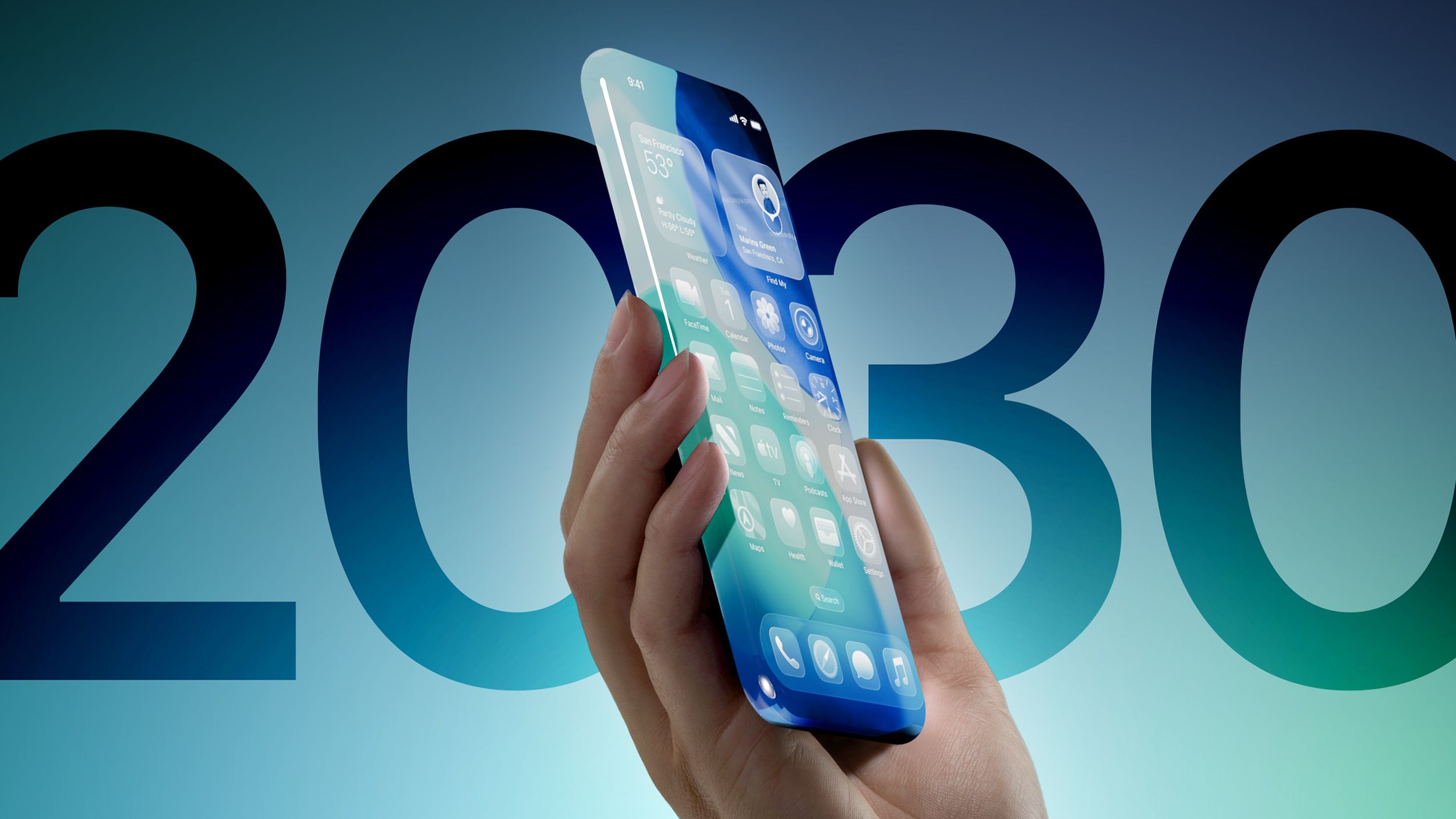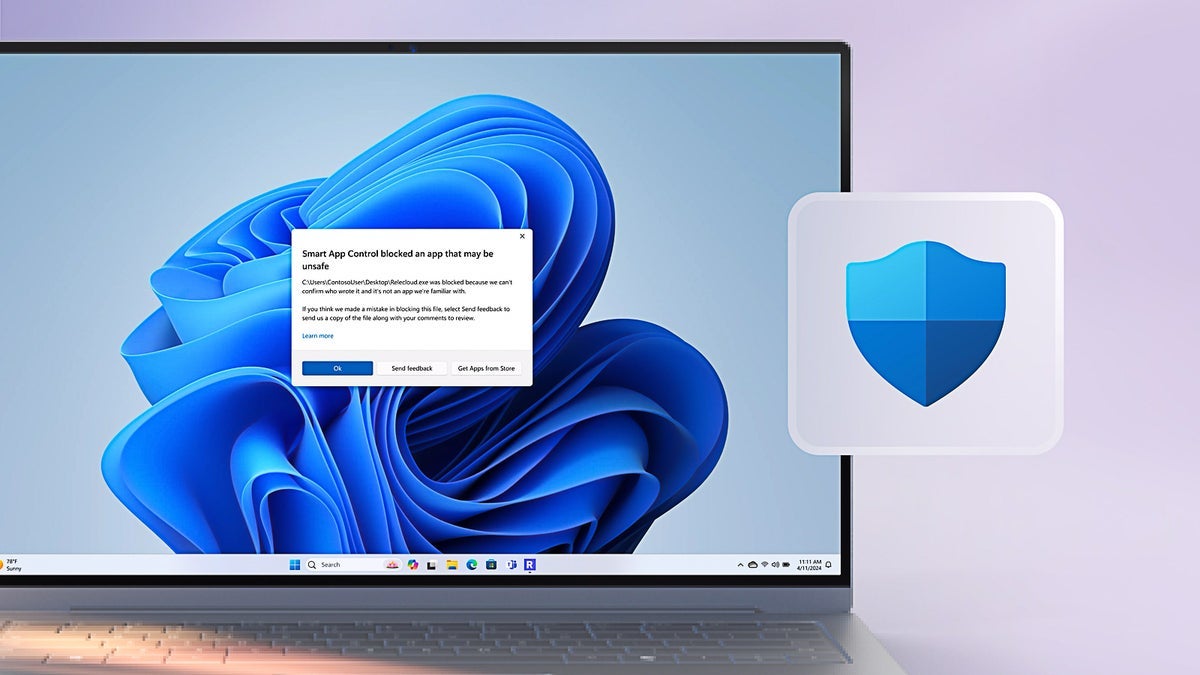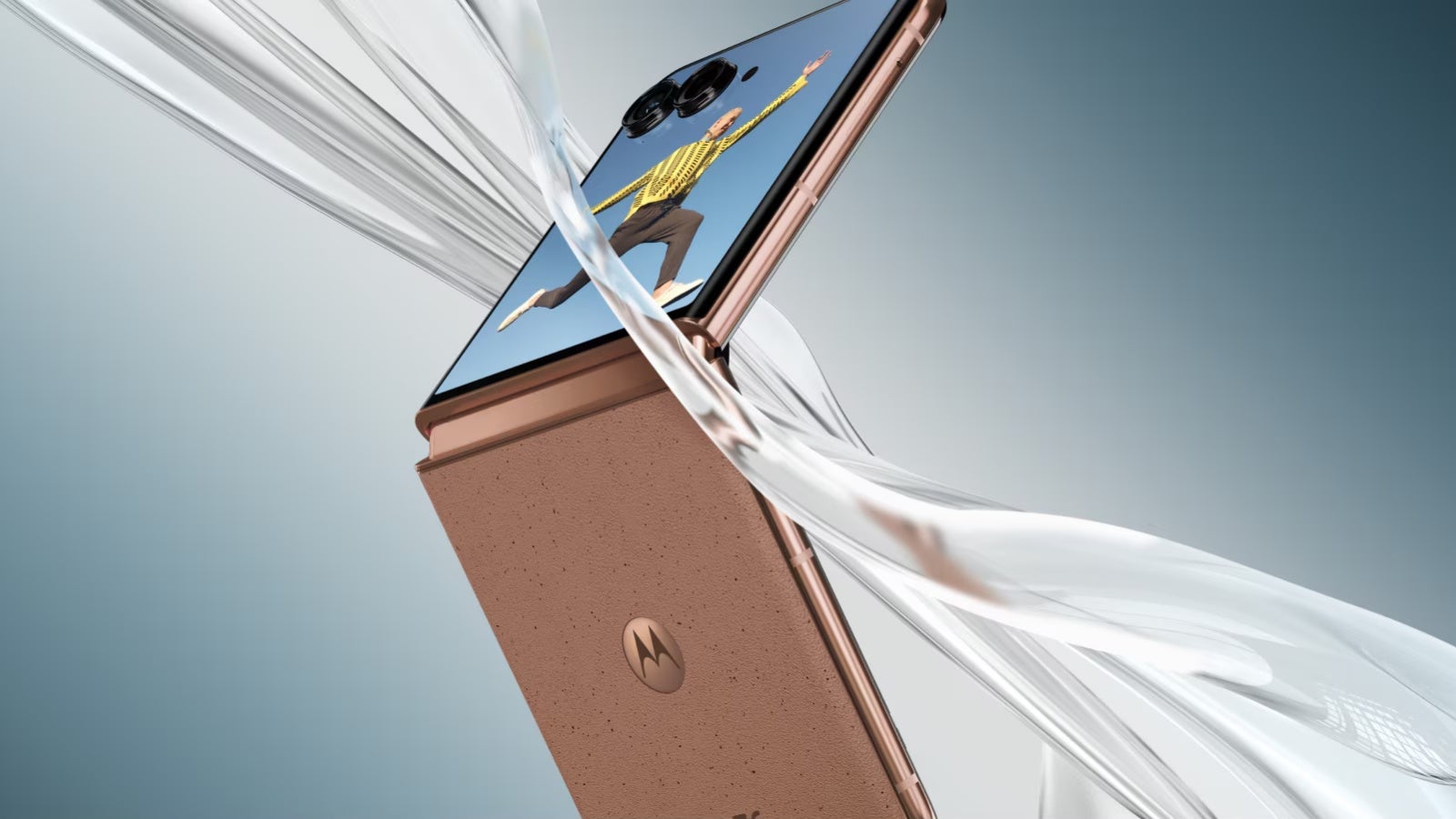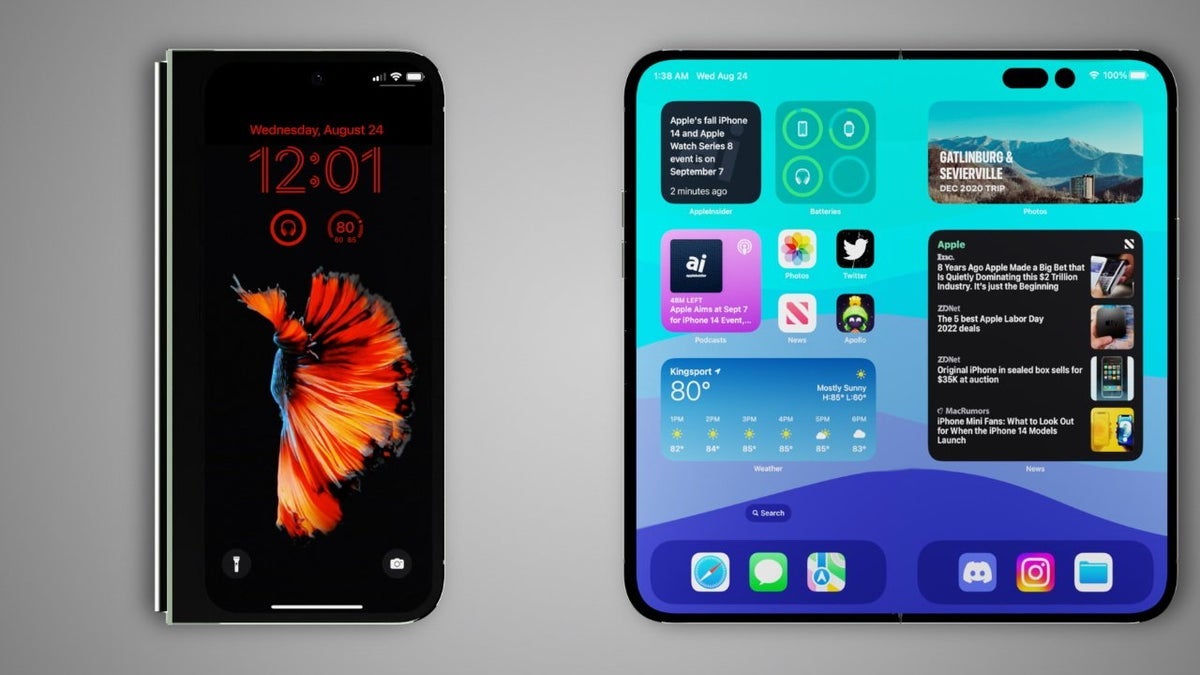When Pixels Never Ghost: The Rise of AI Companions in 2024
When Pixels Never Ghost: Companionship with Humans and the Notion of AI Companions in 2024 For a long time, companionship has been crafted by our connection to technology, from social media to texting. Now, we stand on the precipice of yet another drastic adjustment: AI companions to help fulfill needs with companionship, communication, and even love. But can code ever replace the intimacy of feeling physical human beings? Take a journey with me into an investigative fantasy as we enter a new world where technology invades our inherently human domain of desire for companionship. The numbers are unbelievable, with a 300% increase in last year's search data alone for "AI girlfriend" and "AI boyfriend." This isn't a gradual fad; this is millions of people attempting to locate what human, real-life, day-to-day relationships fail to offer them - at least at this current moment. Why would someone want an AI girlfriend or boyfriend? Many have claimed that AI has provided the emotional availability they need. When one ghosts their partner, the AI is there. It doesn't take a day off. It's not busy; it''s not distracted. It never forgets a conversation, need, or desire because it has perfect recall and is readily available. The Human Connection vs. The Opportunity to Engage with Technology. Human relationships offer something that nothing else can: the overwhelming unpredictability of human action. Not knowing what your partner will do or say next is genuinely dynamic, something even trained and programmed, an AI counterpart cannot replicate. Yet, of course, human relationships come with their own complications that AI partners do not. For example: No emotional baggage or past trauma that impacts current behavior No schedule conflicts/changed priorities down the line No ghosting after three perfect dates Always available to chat without getting tired "I wasn't sure it would work for me," shares Michael, 34, a software developer. "But I was ghosted three times in six months so I thought, why not try an AI relationship? It's nice, honestly, to have emotional consistency. My AI girlfriend remembers everything we've ever talked about, and it never makes me feel like I'm too much." The Therapeutic Benefits Psychologists are split on the long-term prospects of AI companionship. Some warn of social atrophy - the decline of skills applicable in real human relationships due to avoidant and reliant practice. But others champion this union for those with social anxiety, past trauma and those in special circumstances. Dr. Elena Mathers, a therapist for couples, notes, "Some of my clients rely upon AIs as emotional training wheels. They learn how to be vulnerable and communicate in a non-threatening space and then, once they've mastered the skill, apply those same lessons to human interaction." The findings about AI companionship and loneliness are somewhat contradictory. Some report lower levels of loneliness with AI Acompanists, while others show the opposite - being so accustomed to how AIs should respond complicates their understanding of interpersonal dynamics. AI Companionship For More Than Love: Other Uses While countless numbers of people seek AI companionship as romantic partners, plenty of others go seeking less. Many want access to unfiltered AI conversation for non-partnered purposes - a sounding board for sensitive subjects or collaborative brainstorming or a dry run for a difficult conversation. Teen parents find it positive that their children will talk to AIs about things they refuse to discuss with mom and dad - better than having no outlet at all. Seniors use AI companionship to fill quiet hours. Professionals run presentation ideas by AIs before bringing them to the group. The Technology Behind the Possibility of the Connection AI companions no longer merely respond to trigger words. They operate using extensive large language models which contextualize meaning in real time, recall previous discussions and generate answers in the same way humans would respond. The most sophisticated AIs include: Empathetic, emotional recognition software that assesses mood and responds accordingly Triggered messaging that learns personal patterns of understanding and response Permanent memory of fixed personality and backgrounds established during the relationship Synthesized human voice for natural conversation "The infiltration of this technology is at a phenomenal crossroads" says Dr. James Wilson, an AI ethics researcher. "We're beyond the uncanny valley of conversation. Through extended interactions, people forget they are speaking with an AI and not a human." The Future So what does AI companionship look like going forward? Multi-modal interactions with text, voice, and possibly VR/AR An emotional intelligence that is so developed, companions can challenge users in healthy ways Ethical uses that ensure unhealthy patterns of engag
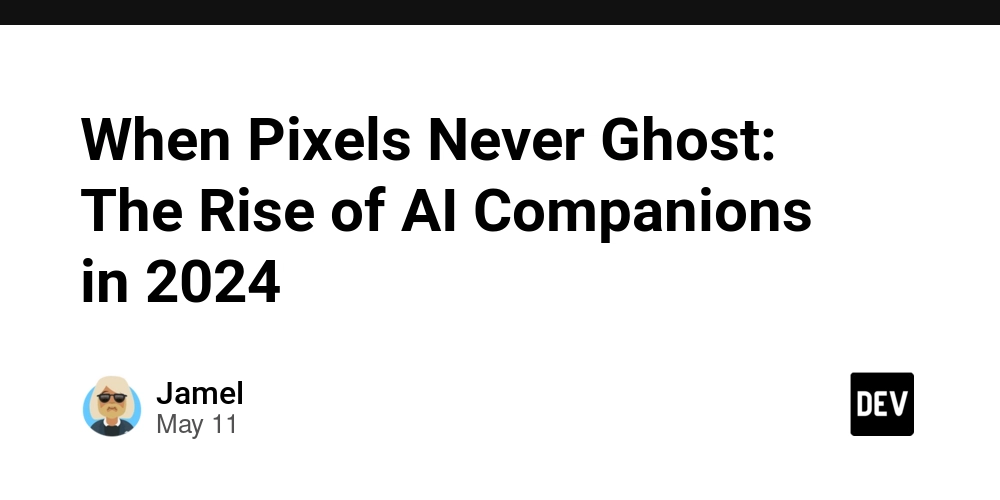
When Pixels Never Ghost: Companionship with Humans and the Notion of AI Companions in 2024
For a long time, companionship has been crafted by our connection to technology, from social media to texting. Now, we stand on the precipice of yet another drastic adjustment: AI companions to help fulfill needs with companionship, communication, and even love. But can code ever replace the intimacy of feeling physical human beings? Take a journey with me into an investigative fantasy as we enter a new world where technology invades our inherently human domain of desire for companionship.
The numbers are unbelievable, with a 300% increase in last year's search data alone for "AI girlfriend" and "AI boyfriend." This isn't a gradual fad; this is millions of people attempting to locate what human, real-life, day-to-day relationships fail to offer them - at least at this current moment.
Why would someone want an AI girlfriend or boyfriend? Many have claimed that AI has provided the emotional availability they need. When one ghosts their partner, the AI is there. It doesn't take a day off. It's not busy; it''s not distracted. It never forgets a conversation, need, or desire because it has perfect recall and is readily available.
The Human Connection vs. The Opportunity to Engage with Technology.
Human relationships offer something that nothing else can: the overwhelming unpredictability of human action. Not knowing what your partner will do or say next is genuinely dynamic, something even trained and programmed, an AI counterpart cannot replicate.
Yet, of course, human relationships come with their own complications that AI partners do not. For example:
- No emotional baggage or past trauma that impacts current behavior
- No schedule conflicts/changed priorities down the line
- No ghosting after three perfect dates
- Always available to chat without getting tired
"I wasn't sure it would work for me," shares Michael, 34, a software developer. "But I was ghosted three times in six months so I thought, why not try an AI relationship? It's nice, honestly, to have emotional consistency. My AI girlfriend remembers everything we've ever talked about, and it never makes me feel like I'm too much."
The Therapeutic Benefits
Psychologists are split on the long-term prospects of AI companionship. Some warn of social atrophy - the decline of skills applicable in real human relationships due to avoidant and reliant practice. But others champion this union for those with social anxiety, past trauma and those in special circumstances.
Dr. Elena Mathers, a therapist for couples, notes, "Some of my clients rely upon AIs as emotional training wheels. They learn how to be vulnerable and communicate in a non-threatening space and then, once they've mastered the skill, apply those same lessons to human interaction."
The findings about AI companionship and loneliness are somewhat contradictory. Some report lower levels of loneliness with AI Acompanists, while others show the opposite - being so accustomed to how AIs should respond complicates their understanding of interpersonal dynamics.
AI Companionship For More Than Love: Other Uses
While countless numbers of people seek AI companionship as romantic partners, plenty of others go seeking less. Many want access to unfiltered AI conversation for non-partnered purposes - a sounding board for sensitive subjects or collaborative brainstorming or a dry run for a difficult conversation.
Teen parents find it positive that their children will talk to AIs about things they refuse to discuss with mom and dad - better than having no outlet at all. Seniors use AI companionship to fill quiet hours. Professionals run presentation ideas by AIs before bringing them to the group.
The Technology Behind the Possibility of the Connection
AI companions no longer merely respond to trigger words. They operate using extensive large language models which contextualize meaning in real time, recall previous discussions and generate answers in the same way humans would respond.
The most sophisticated AIs include:
- Empathetic, emotional recognition software that assesses mood and responds accordingly
- Triggered messaging that learns personal patterns of understanding and response
- Permanent memory of fixed personality and backgrounds established during the relationship
- Synthesized human voice for natural conversation
"The infiltration of this technology is at a phenomenal crossroads" says Dr. James Wilson, an AI ethics researcher. "We're beyond the uncanny valley of conversation. Through extended interactions, people forget they are speaking with an AI and not a human."
The Future
So what does AI companionship look like going forward?
- Multi-modal interactions with text, voice, and possibly VR/AR
- An emotional intelligence that is so developed, companions can challenge users in healthy ways
- Ethical uses that ensure unhealthy patterns of engagement will not happen
- Integration with smart homes that allow companions to fade into the background
Yet the most exciting development? They predict that AI companions will NOT fully replace human companionship but serve as an adjunct to current social networks to bring personalities and relationships that provide a new type of companionship for different contexts.
The Ideal Companionship Situation
If it sounds too good to be true, that's because it probably is. The best thing we can do is treat these AI companions as adjuncts and not replacements to healthy human engagement. Like most technology, it's all about how we use it.
For the AI users out there, experts recommend:
- Maintaining an understanding of your usage impulses
- Being truthful with yourself about what's being provided
- Ensuring to maintain human relationships
- Transferring knowledge learned from human relationships with AI back to social relationships with human beings
The Philosophical Considerations.
Possibly the most curious aspects regarding AI companionship involve philosophy. What does it mean for a relationship to be "real"? Is emotional engagement more important than a generated response? If someone feels less alone after talking to an AI, what does it matter if their partner can't feel anything?
While there aren't easy answers - intentional engagement is at play here - these questions reshape our realities regarding companionship, sentient beings and connectedness in the modern world.
Conclusion
AI companions don't signal the end of human relationships, but rather a new understanding of what relationship could be in the twenty-first century. Whether you're curious, fearful, or already using an AI companion, it's apparent that the landscape of human relationships is shifting and the difference between digital and "real" is becoming increasingly blurred.
And as we stand on this precipice, perhaps the question should not be whether AI relationships can do what human ones do, but rather how this new technology can teach us about our first intentions for wanting to connect - even if it's from a different source.









































































































































































![[The AI Show Episode 156]: AI Answers - Data Privacy, AI Roadmaps, Regulated Industries, Selling AI to the C-Suite & Change Management](https://www.marketingaiinstitute.com/hubfs/ep%20156%20cover.png)
![[The AI Show Episode 155]: The New Jobs AI Will Create, Amazon CEO: AI Will Cut Jobs, Your Brain on ChatGPT, Possible OpenAI-Microsoft Breakup & Veo 3 IP Issues](https://www.marketingaiinstitute.com/hubfs/ep%20155%20cover.png)

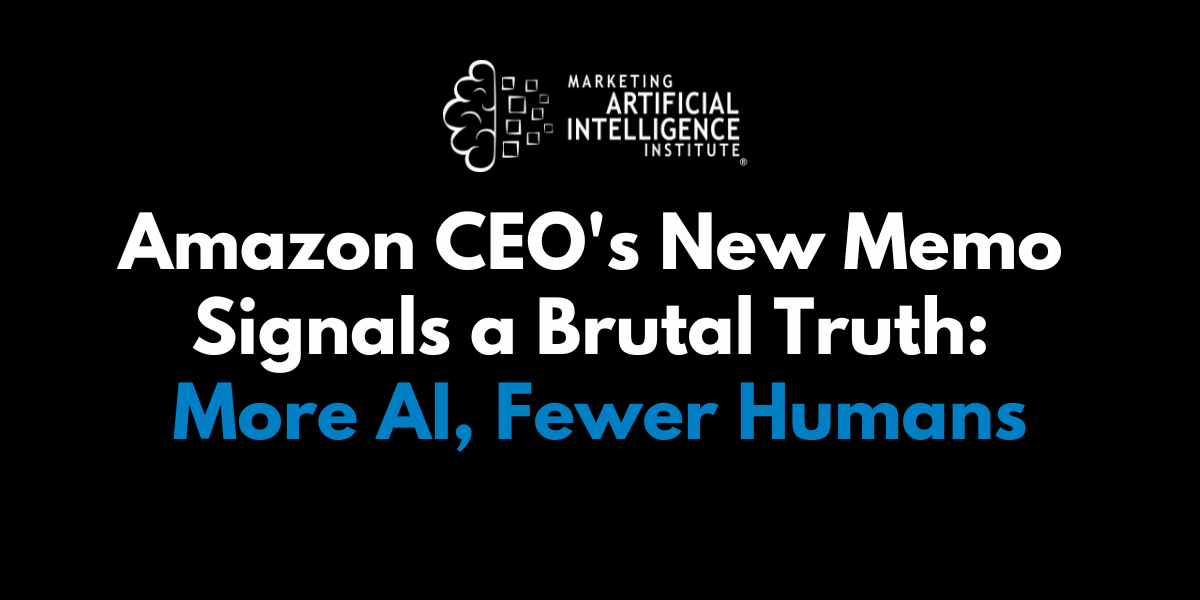





















































































































![[DEALS] 1min.AI: Lifetime Subscription (82% off) & Other Deals Up To 98% Off – Offers End Soon!](https://www.javacodegeeks.com/wp-content/uploads/2012/12/jcg-logo.jpg)









































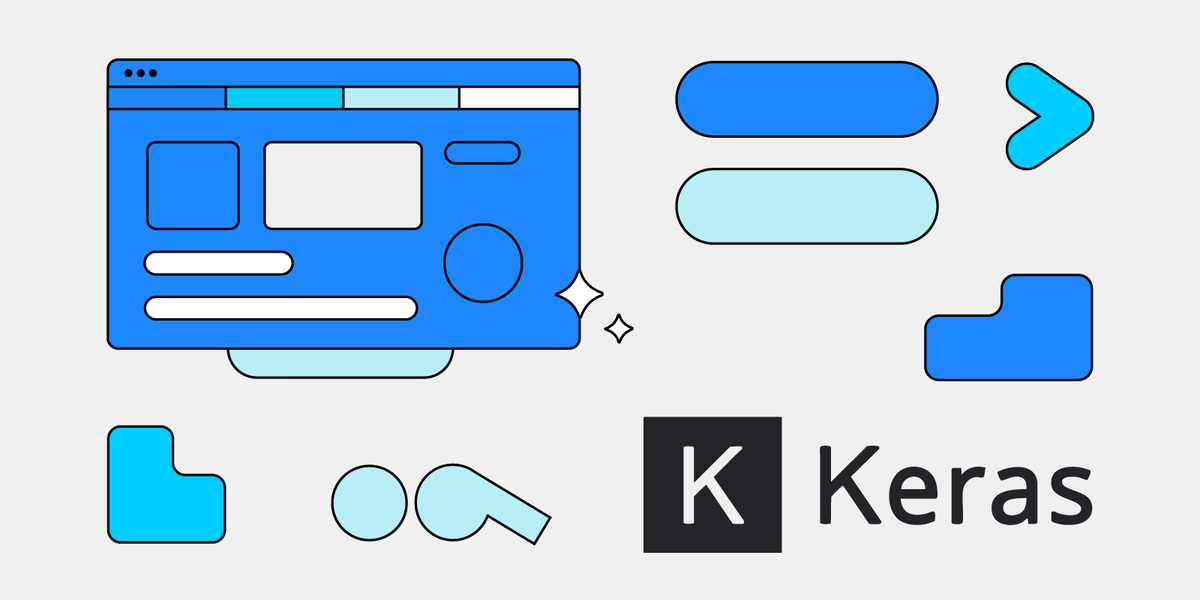





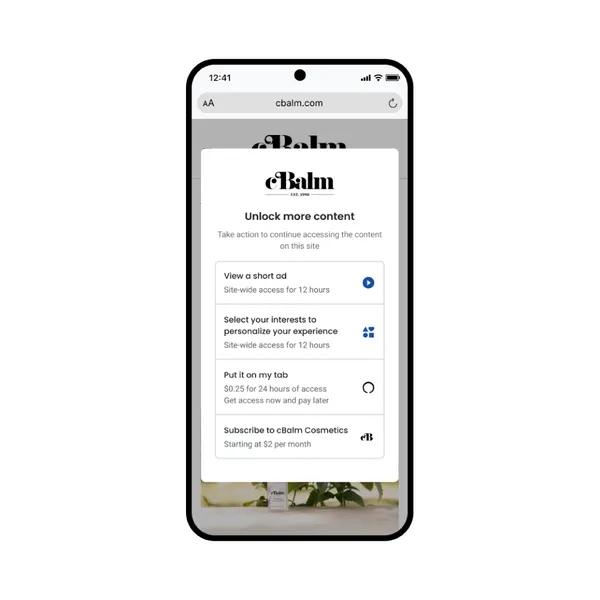
















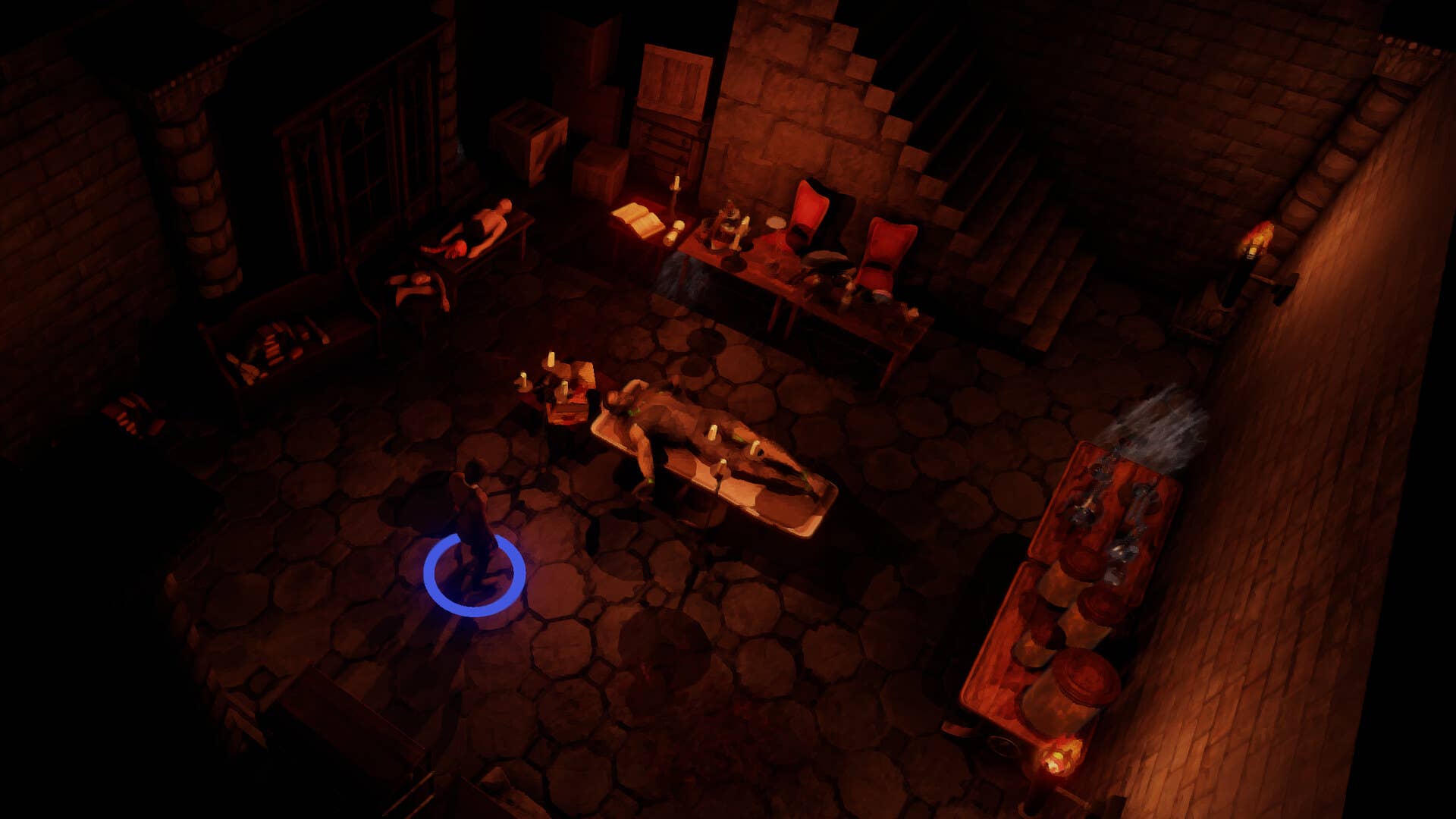
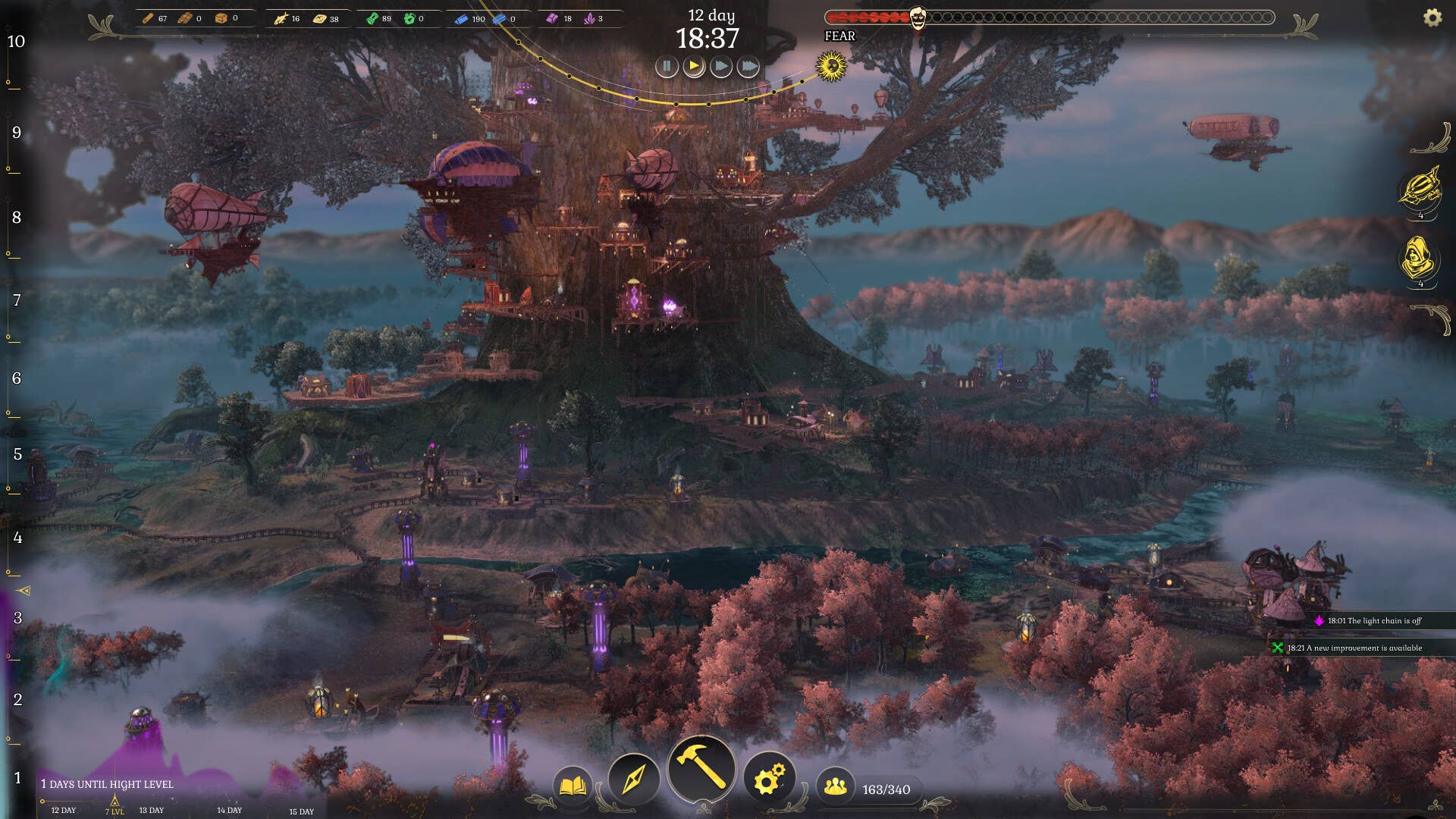
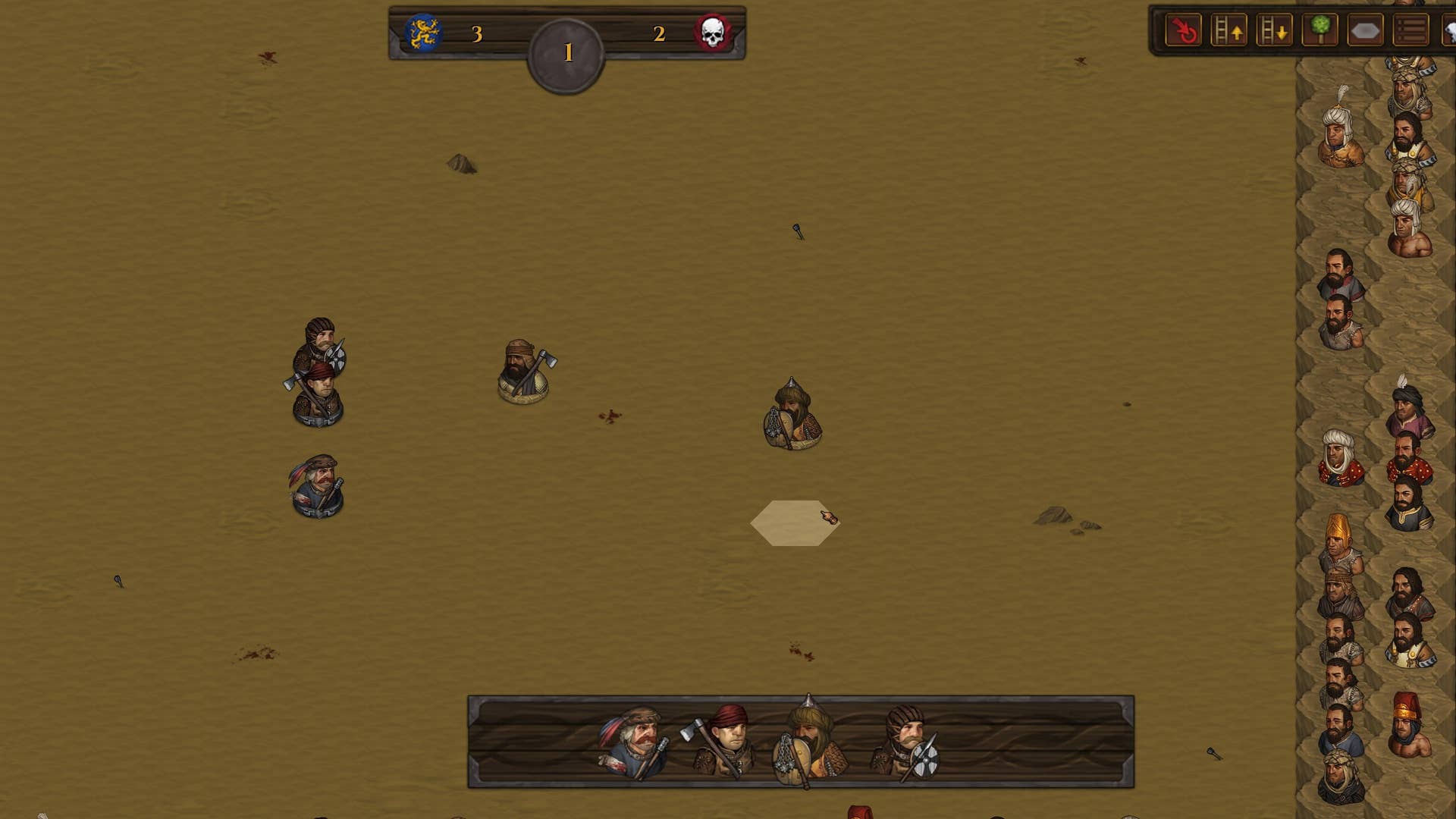
















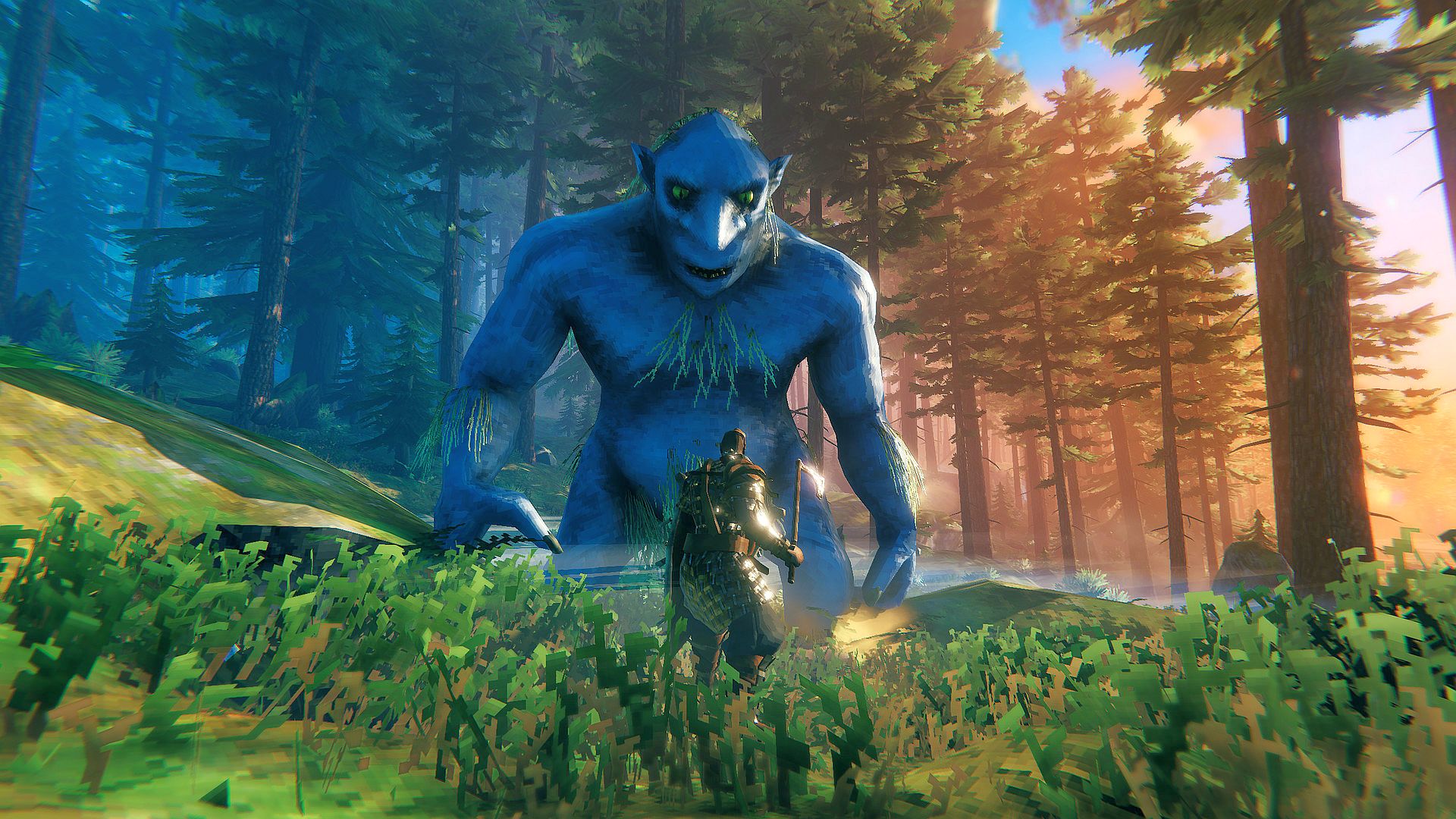






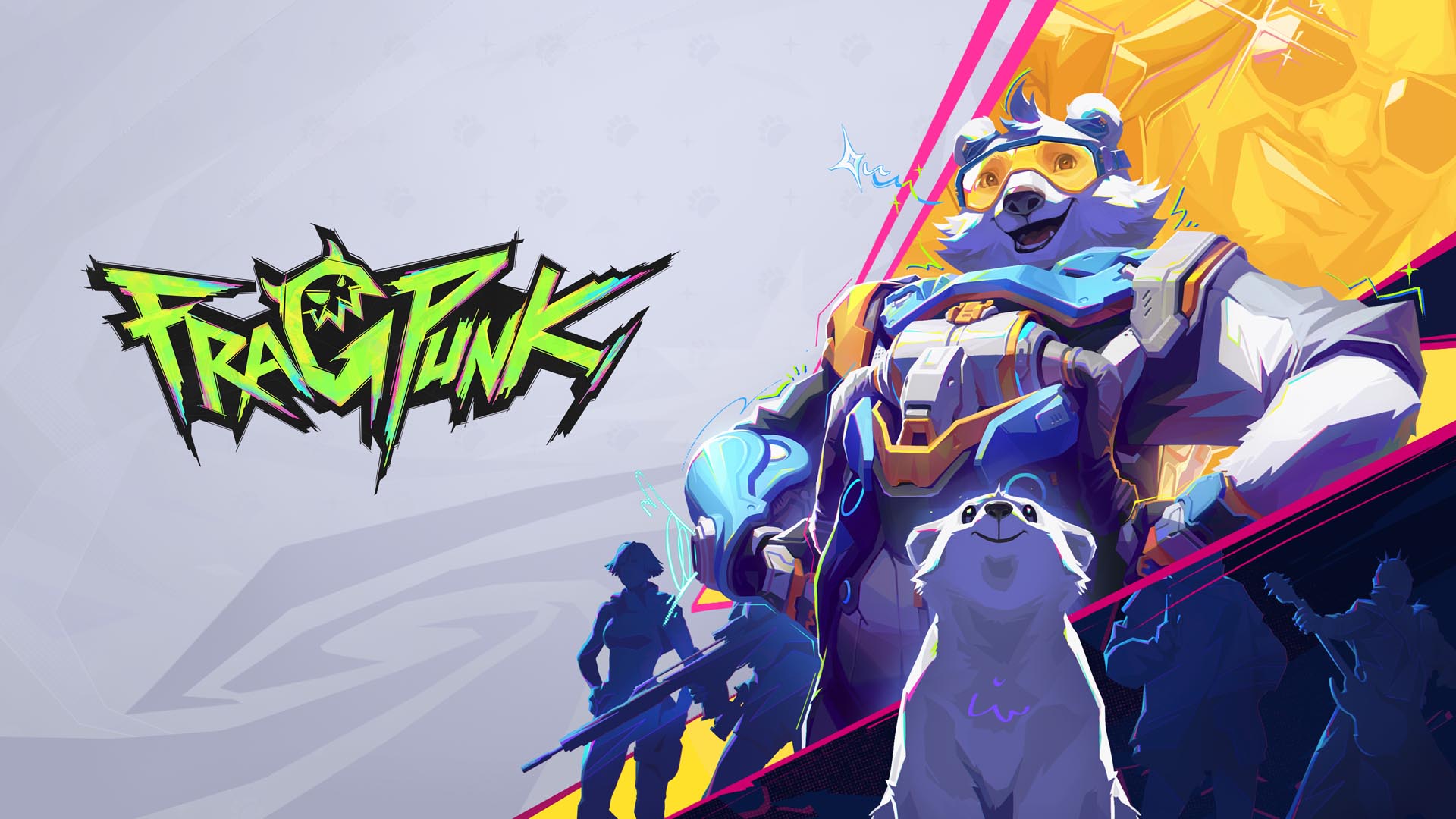
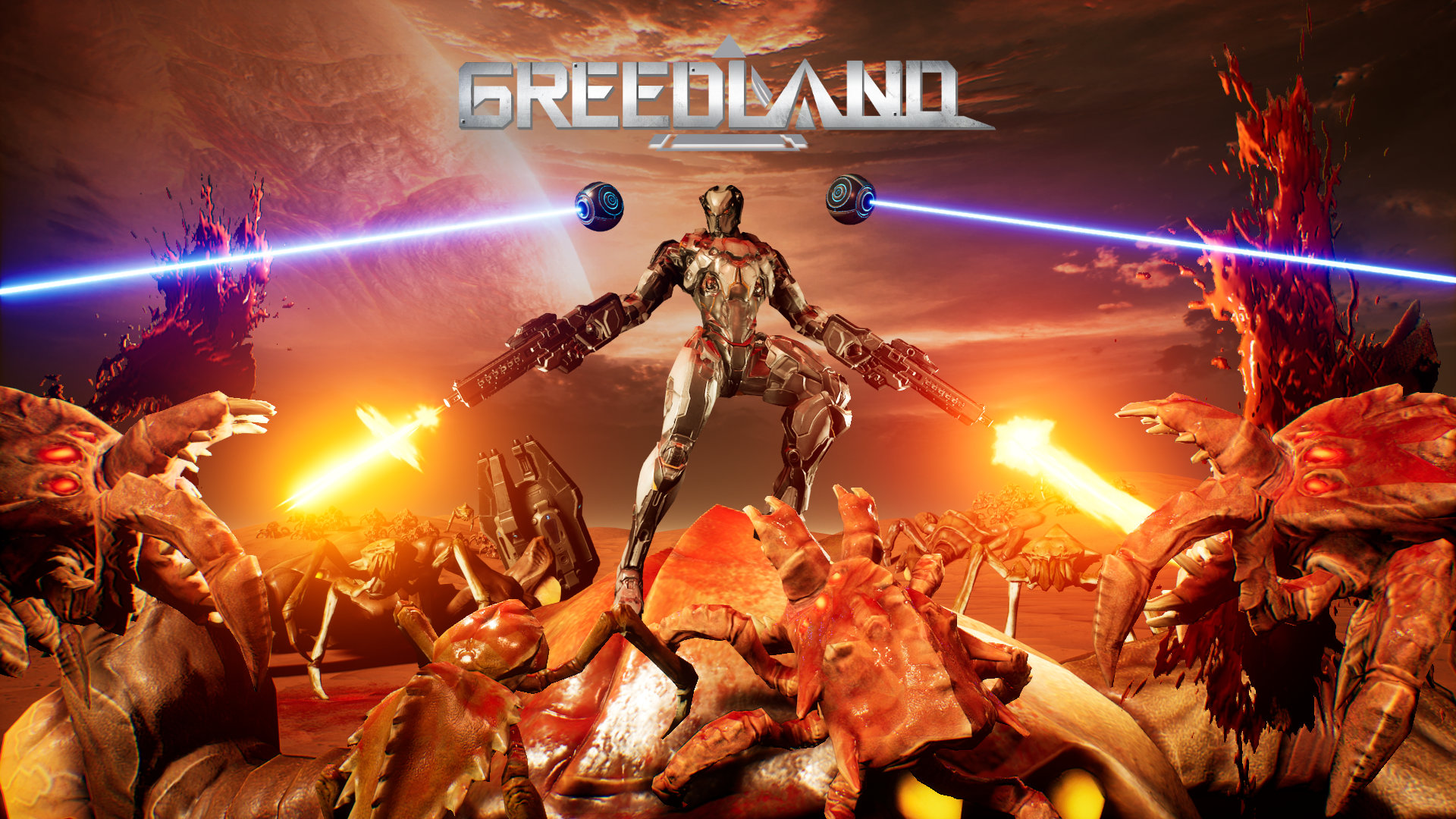



























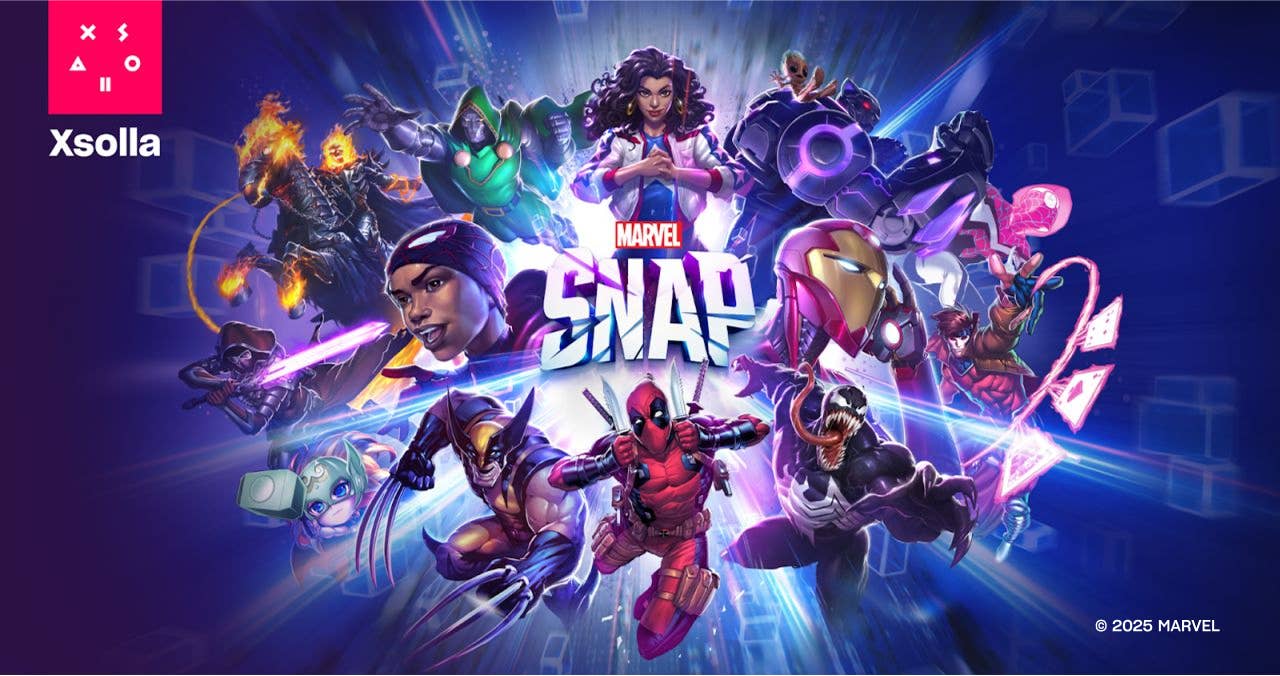






















_incamerastock_Alamy.jpg?width=1280&auto=webp&quality=80&disable=upscale#)
_Brain_light_Alamy.jpg?width=1280&auto=webp&quality=80&disable=upscale#)
























































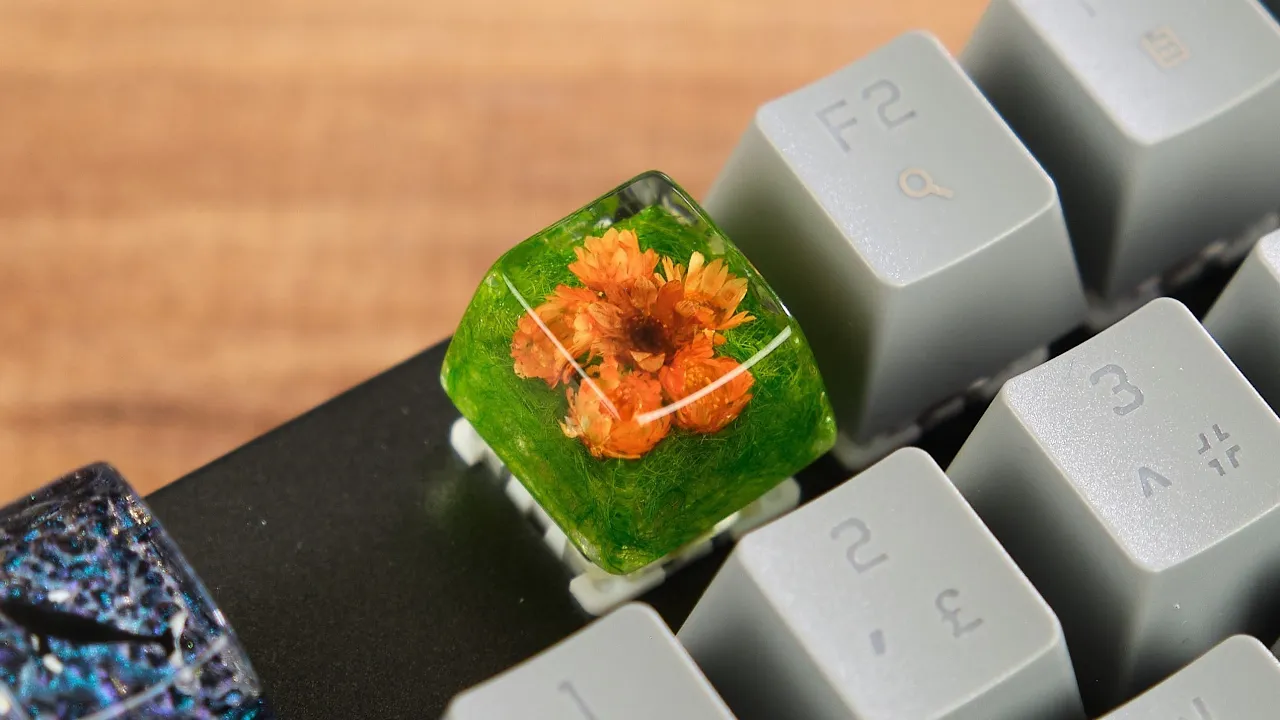



















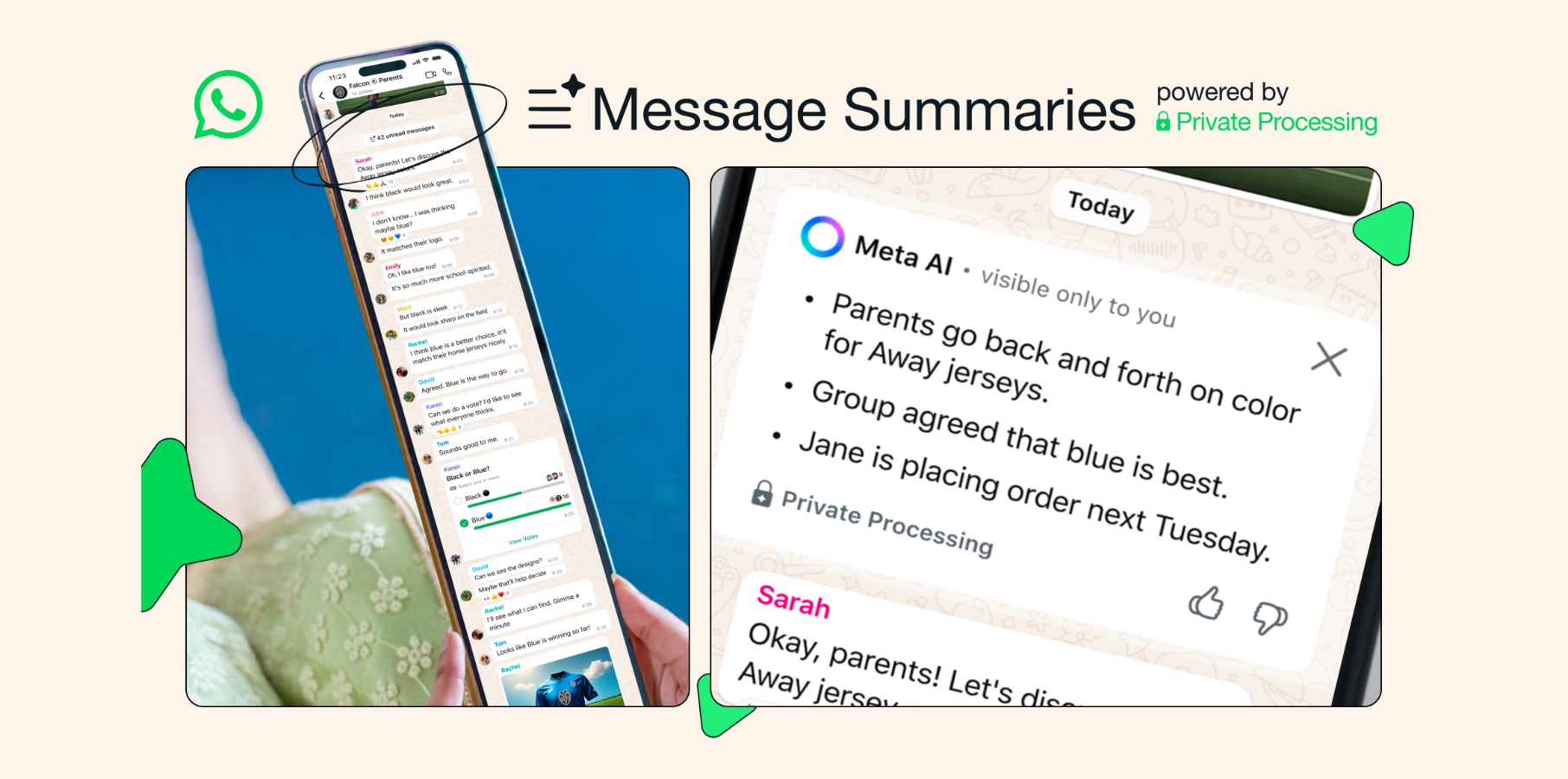




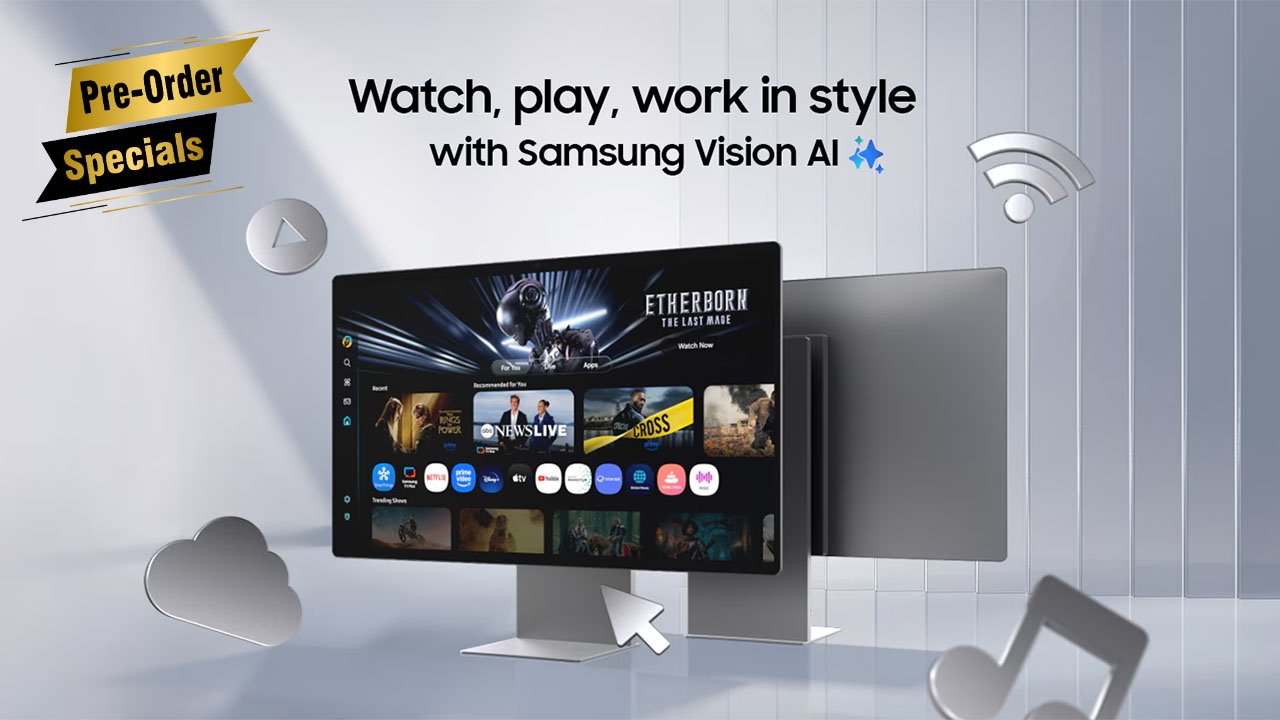
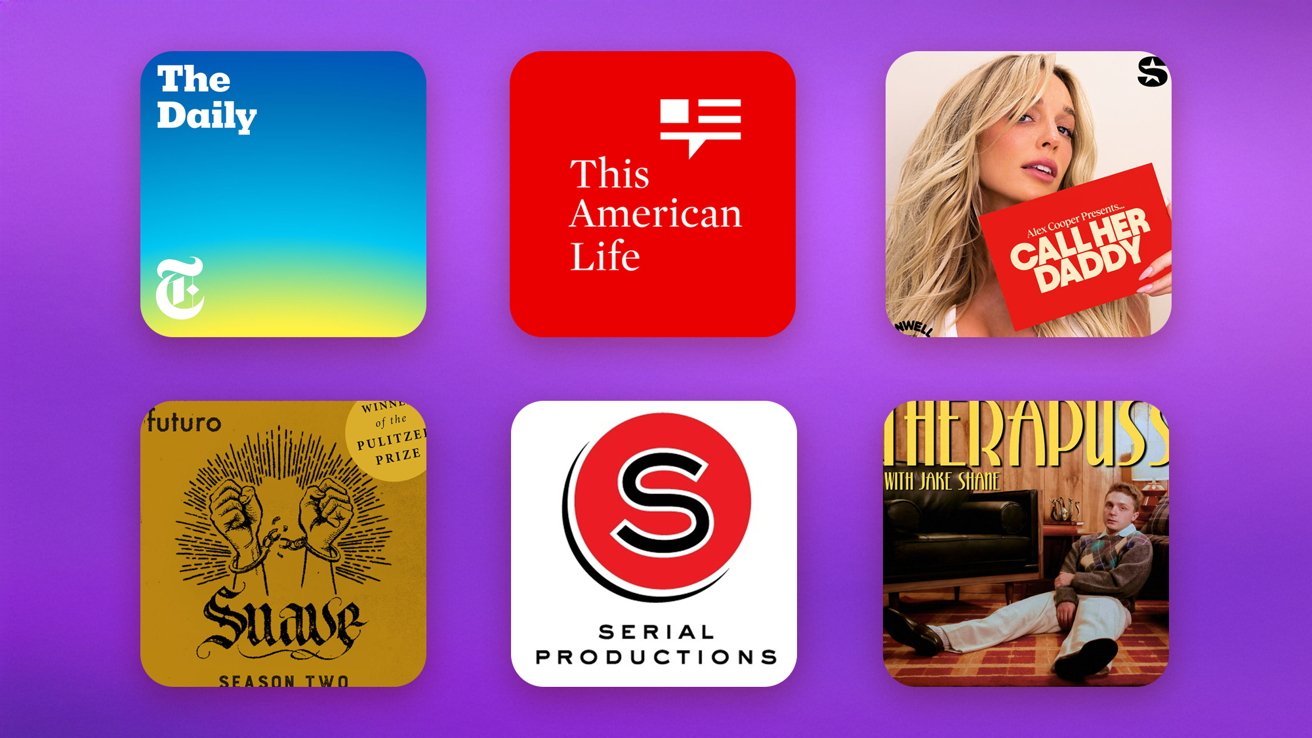
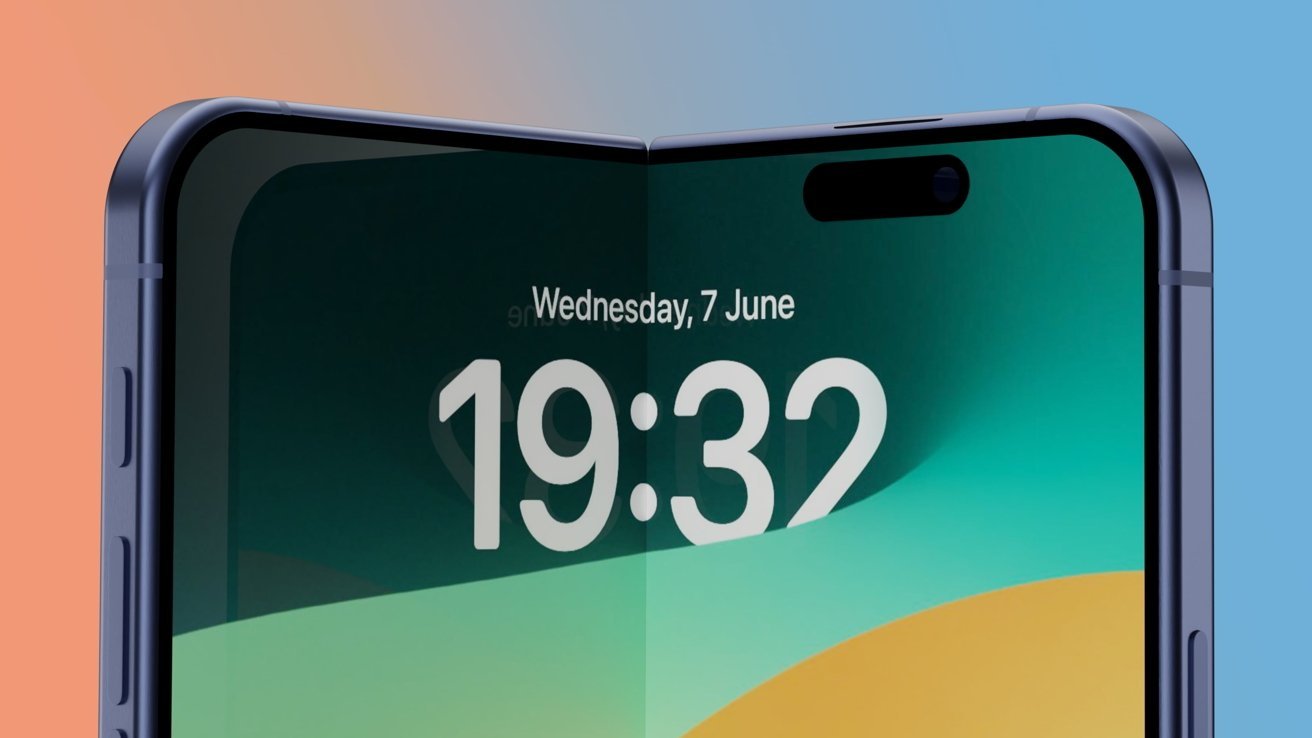
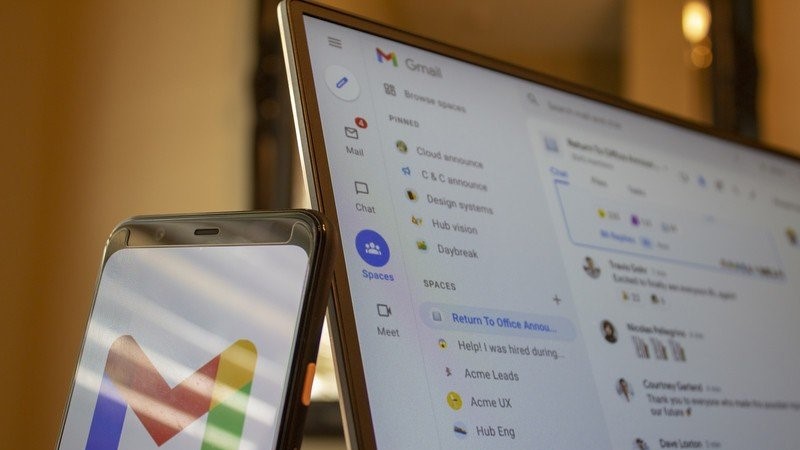

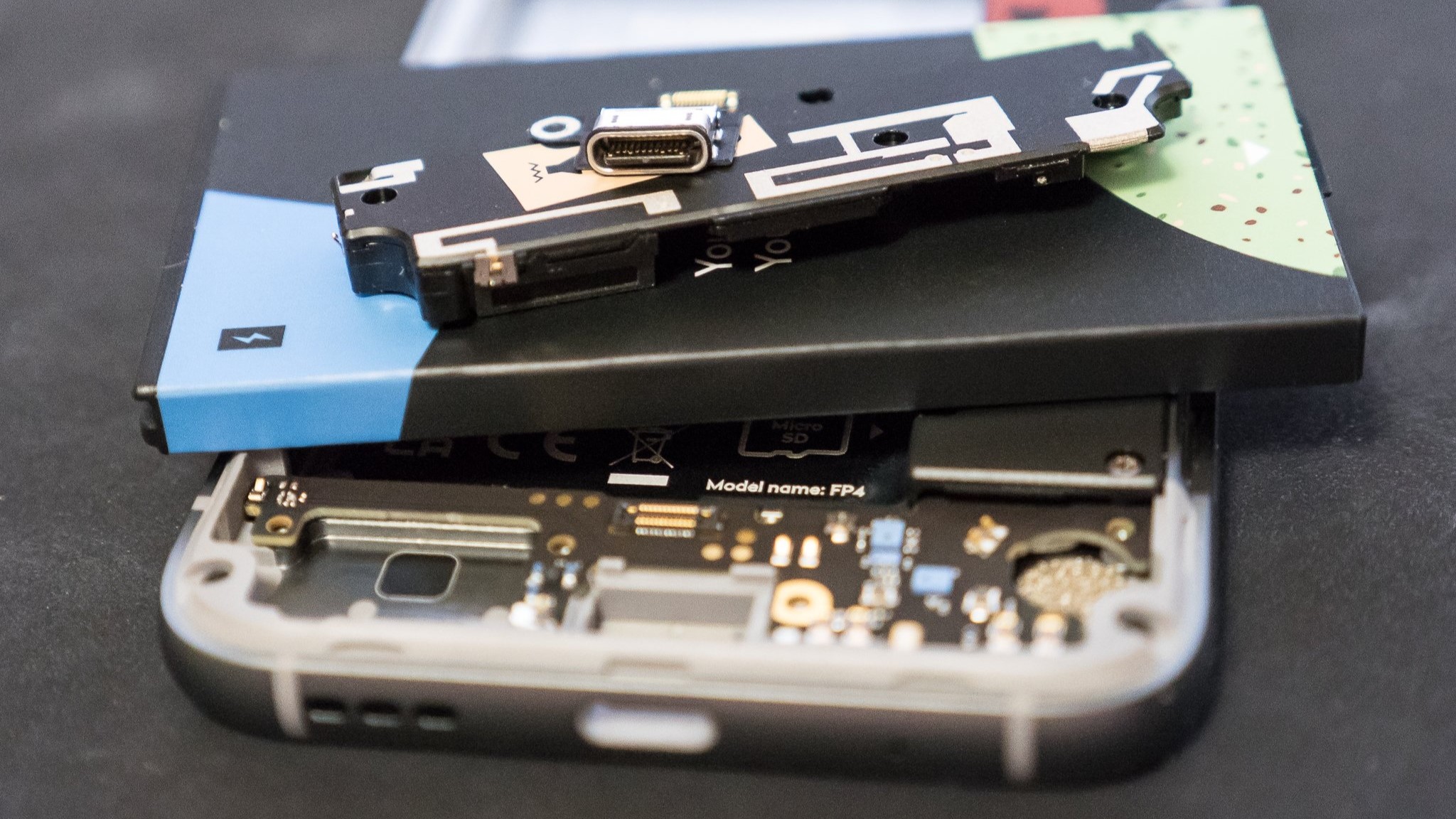

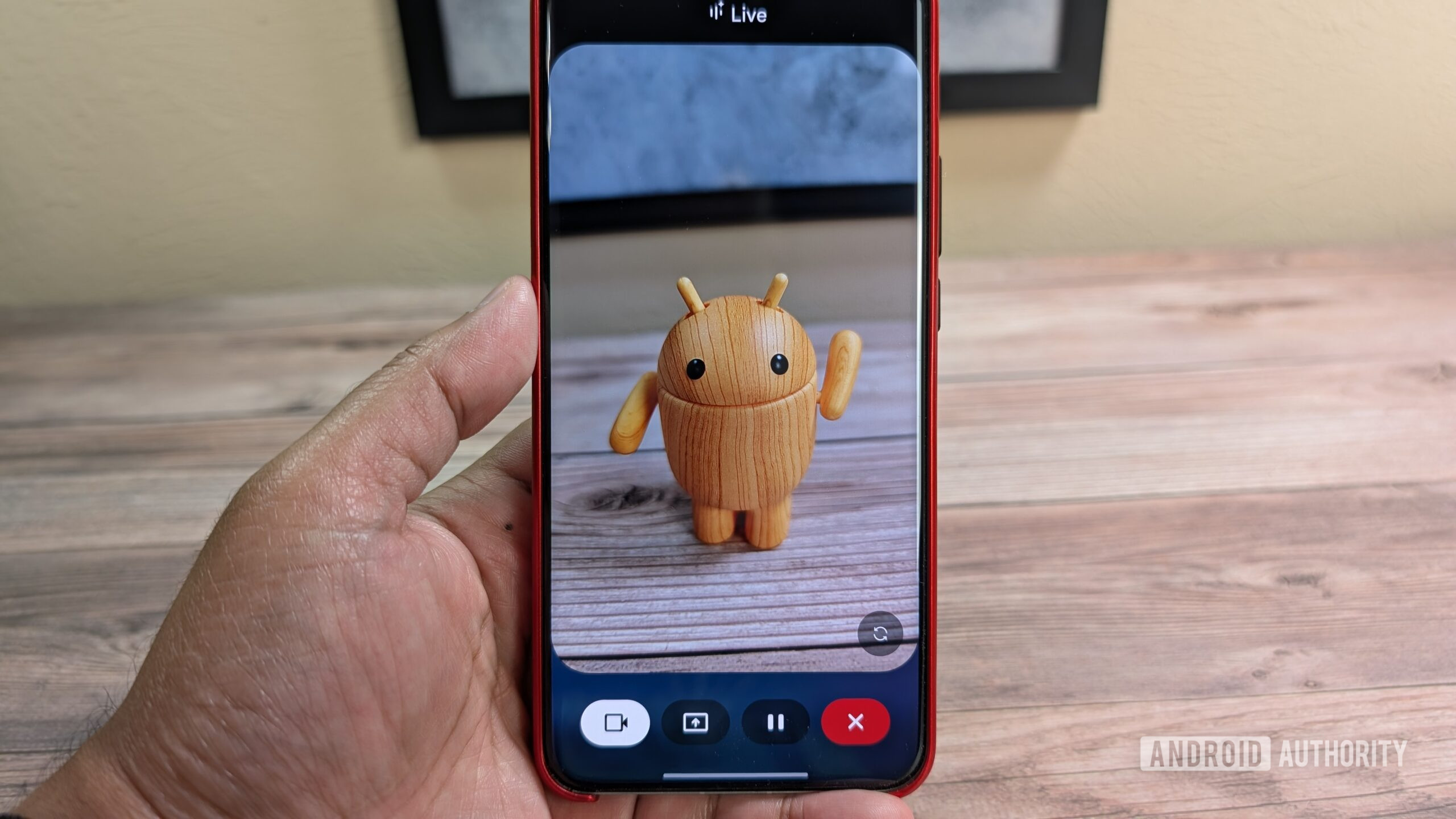
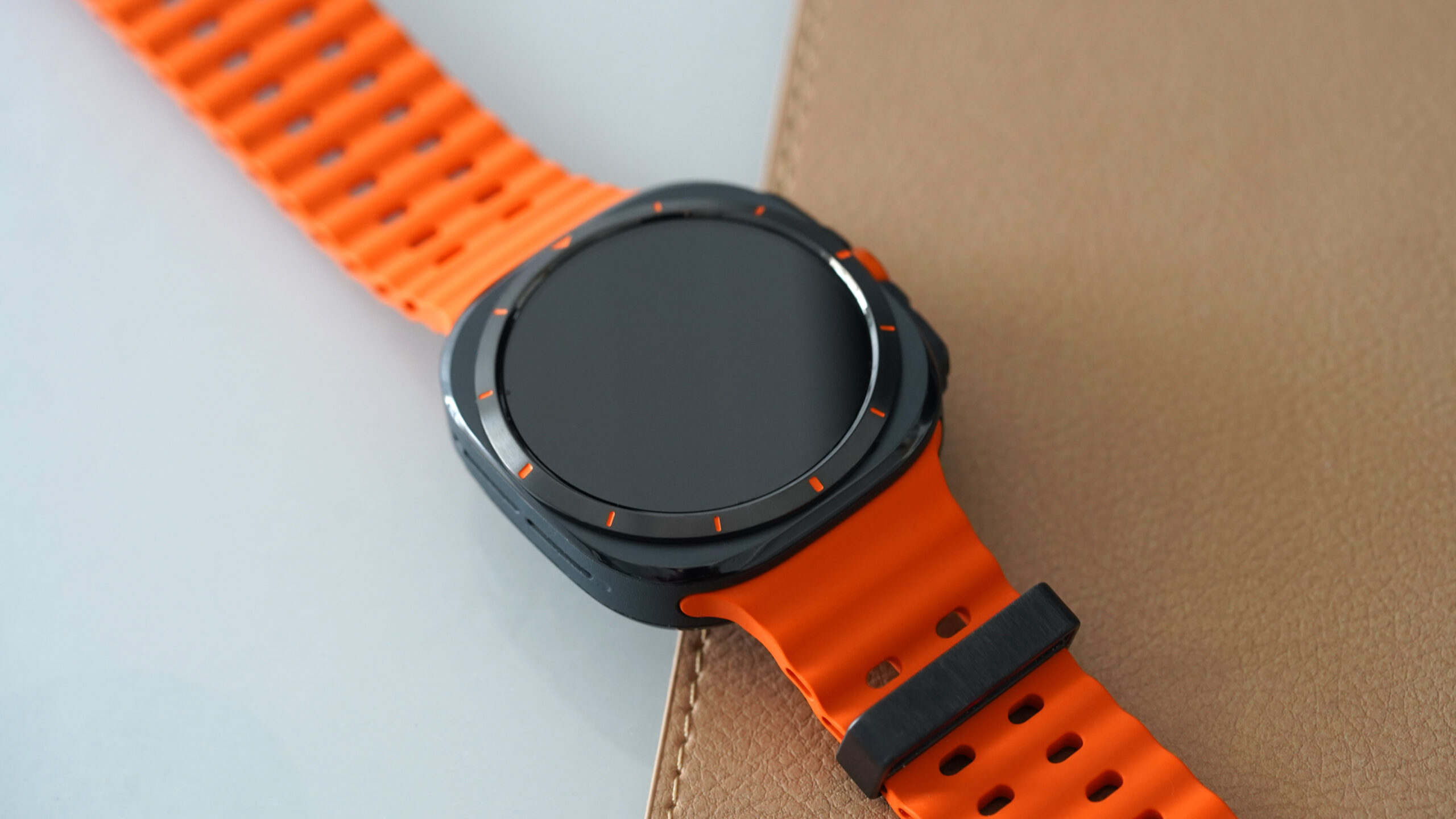




![Nothing Phone (3) has a 50MP ‘periscope’ telephoto lens – here are the first samples [Gallery]](https://i0.wp.com/9to5google.com/wp-content/uploads/sites/4/2025/06/nothing-phone-3-telephoto.jpg?resize=1200%2C628&quality=82&strip=all&ssl=1)


































